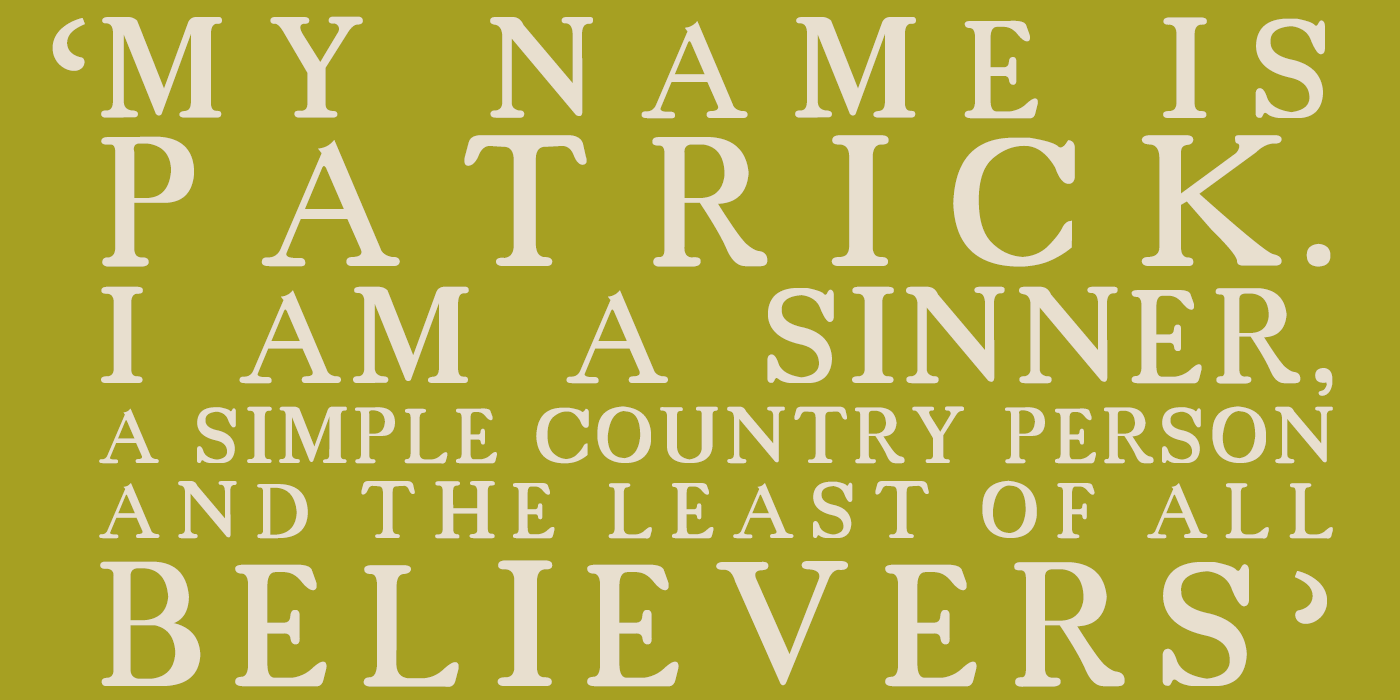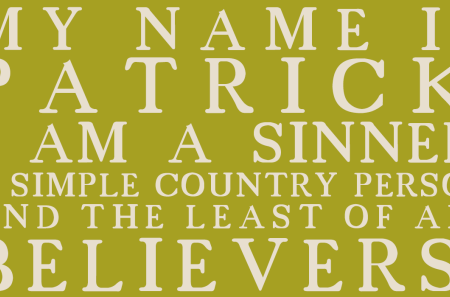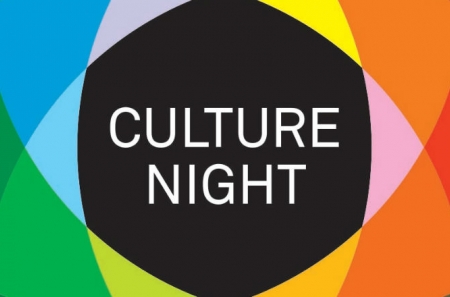
Read St Patrick's highly arresting account of his own life
13 March 2024The Confessio website presents the Saint’s own account of his capture, slavery and mission in Ireland, translated into several languages.
As St Patrick’s Day approaches each year, journalists and influencers of every kind begin to hitch the name of Ireland’s patron saint to their communications. Those worthy of attention will have attempted to find out some facts about Patrick before they do so – as will interested members of the public, particularly in the international Irish diaspora.
Fortunately, in comparison with other nations’ patron saints this is unusually easy to do, for two reasons. First, St Patrick is probably unique among first-millennium national apostles in having written a highly arresting account of his own life that survives to this day. Second, this account is available, translated into several languages on a trustworthy and scholarly (and easily comprehensible) website that has been published by the Royal Irish Academy along with a vast array of relevant further information.
Among other things, this separates the historical figure of St Patrick from all the accretions of legend that have gathered around him, while also explaining how such accretions have come about. So this March, why not find out something reliable about St Patrick yourself? The website is at confessio.ie and is freely available to all.
My name is Patrick is available to purchase online. The book serves as an ancillary volume to the Dictionary of Medieval Latin from Celtic Sources research programme.



